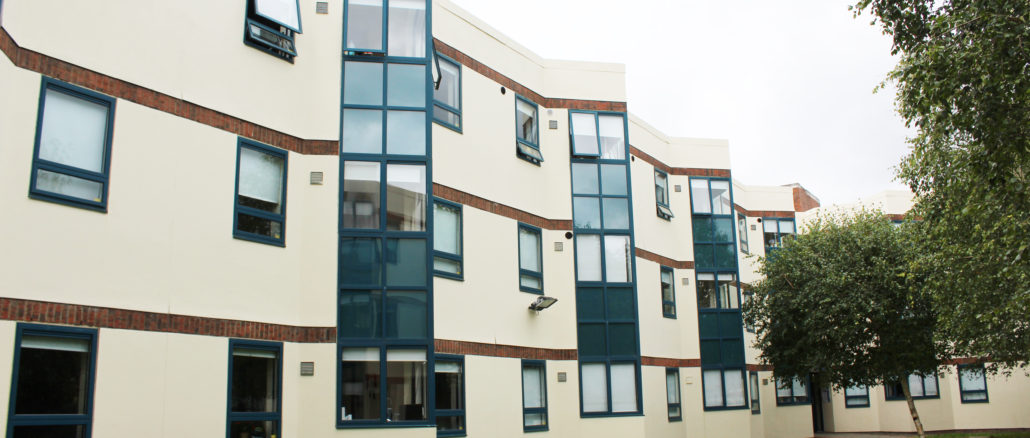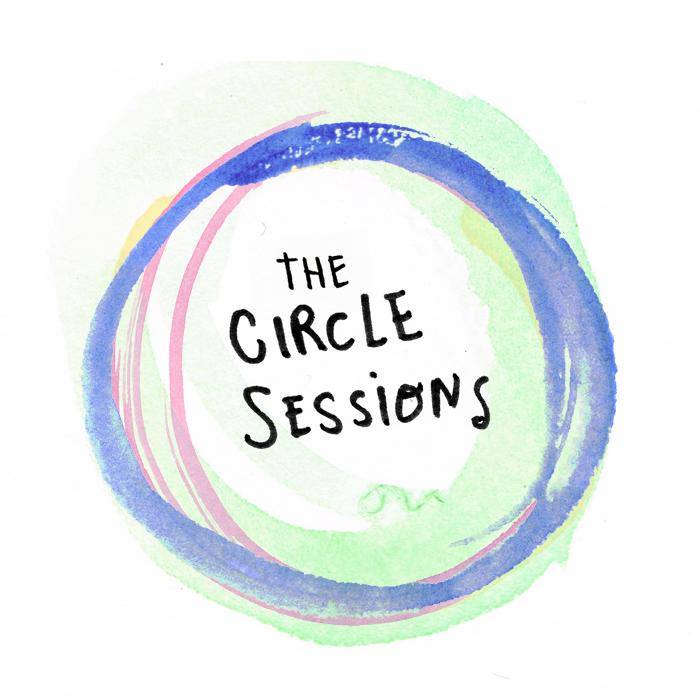
[dropcap]Students[/dropcap] lining the pathways, queues for the delicatessen in Spar and the endless cups of caffeine. The smell of new books, the vibrancy of new stationary, the heavy backpacks slumped on the shoulders of hungover students and the excitement of residing in a new place away from the prying eyes of parents.
There’s an omnipresent excitement and buzz enveloping the campus of DCU. All of the students are vowing to study more and drink less, or to get their assignments done well before the midnight before the due date. Don’t forget about all of the lively events lined up during freshers’ week to welcome the new first years to university life.
Even though the first few weeks are full of adventure and new experiences, for some families it can be the beginning of severe financial strain. It was revealed last month that, according to a survey from the Irish League of Credit Unions, 60 percent of parents will go into debt to cover the cost of their child’s third-level education.
We are all aware of college tuition fees which now amounts to roughly €3,000 a year with a student levy on top of that. However, the cost of campus accommodation in DCU only exacerbates the financial burden on families after this year’s increase in costs.
A standard room in Larkfield costs €4572 for the year compared to €4172 in 2015. Hampstead prices have also increased. A single room costs €4860 compared to €4420 in 2015 and a double room in Hampstead now costs €4932 for the year. On top of these prices, you must also pay a €300 damage deposit and €450 for utilities. The prices of accommodation on St. Patrick’s Campus has also had an augmentation. It is €4572 for a single room this year whereas it was €3,300 last year and a €400 damages deposit. This is an increase of 38 percentage points. All Hallows also saw an increase in their accommodation prices too.
Therefore, students living away from home are spending twice as much as those who still live at home, especially once you factor in food, social events and travel expenses. But what does all of this mean for the students and parents who have to shoulder this financial burden?
In the same survey conducted by the Irish League of Credit Unions, it was also shown that 23 percent of students don’t attend some lectures in order to attain extra hours in work to supplement their income. This will have an adverse effect on their education and exam results.
Aoife Laste, a second year business and French student, said that the cost of accommodation makes her wish commuting was a feasibility during the college term. Although she doesn’t pay the fees herself, her parents definitely feel the financial strife of paying for both tuition fees and accommodation fees every year. She does admit that living on campus this year has worked out cheaper than last year when she lived in Shanowen.
DCU’s Vice President for Welfare and Equality, Cody Byrne, spoke to The College View about the surge in accommodation costs. He wants DCU to ‘lead the way in the economic climate’ by slowing down this trend of ‘corporate greed’ and lowering the costs of on-campus accommodation.
While acknowledging that he can’t justify the increase of 9.6 percent in Larkfield prices, he does admit that campus residences is under new management and that the new management walked into the job after the new prices had already been implemented. Byrne said that the management have expressed their interest and willingness to co-operate with the new VP for Welfare and Equality in order to aid students in finding affordable and suitable accommodation.
The increase in costs was not for little or no reason. According to John Caffrey, the campus residences manager: “The board took this decision in order to help fund University plans to allow for a much needed increase in the quantity of student accommodation.”
Despite the increase in prices this year, DCU campus residences provide the most affordable campus accommodation in the Dublin area, according to the Independent.ie. In a survey conducted by the Independent, it was illustrated that campus accommodation has increased across all of the major universities in Ireland.
UCD charges the most for campus accommodation, with prices ranging from €5,896 to €10,480. While NUI Maynooth’s prices increased by the highest amount of money. A room for the year was increased by €760 for the 2016/2017 academic year.
So while accommodation in DCU has definitely hit an all-time high and it has put extra financial pressure on students’ families, it still remains one of the most affordable student accommodation complexes around town.
Shauna Bowers
Photo Credit: Zainab Boladale




Leave a Reply